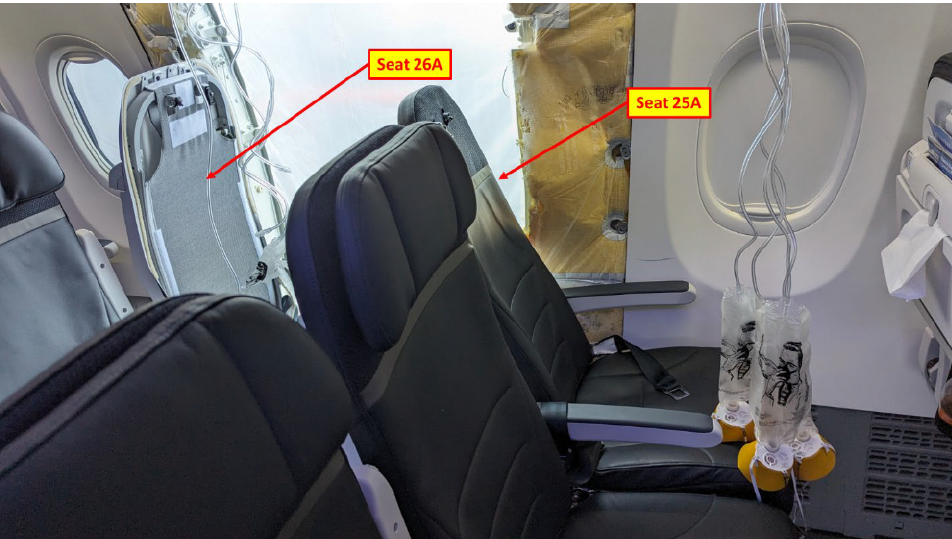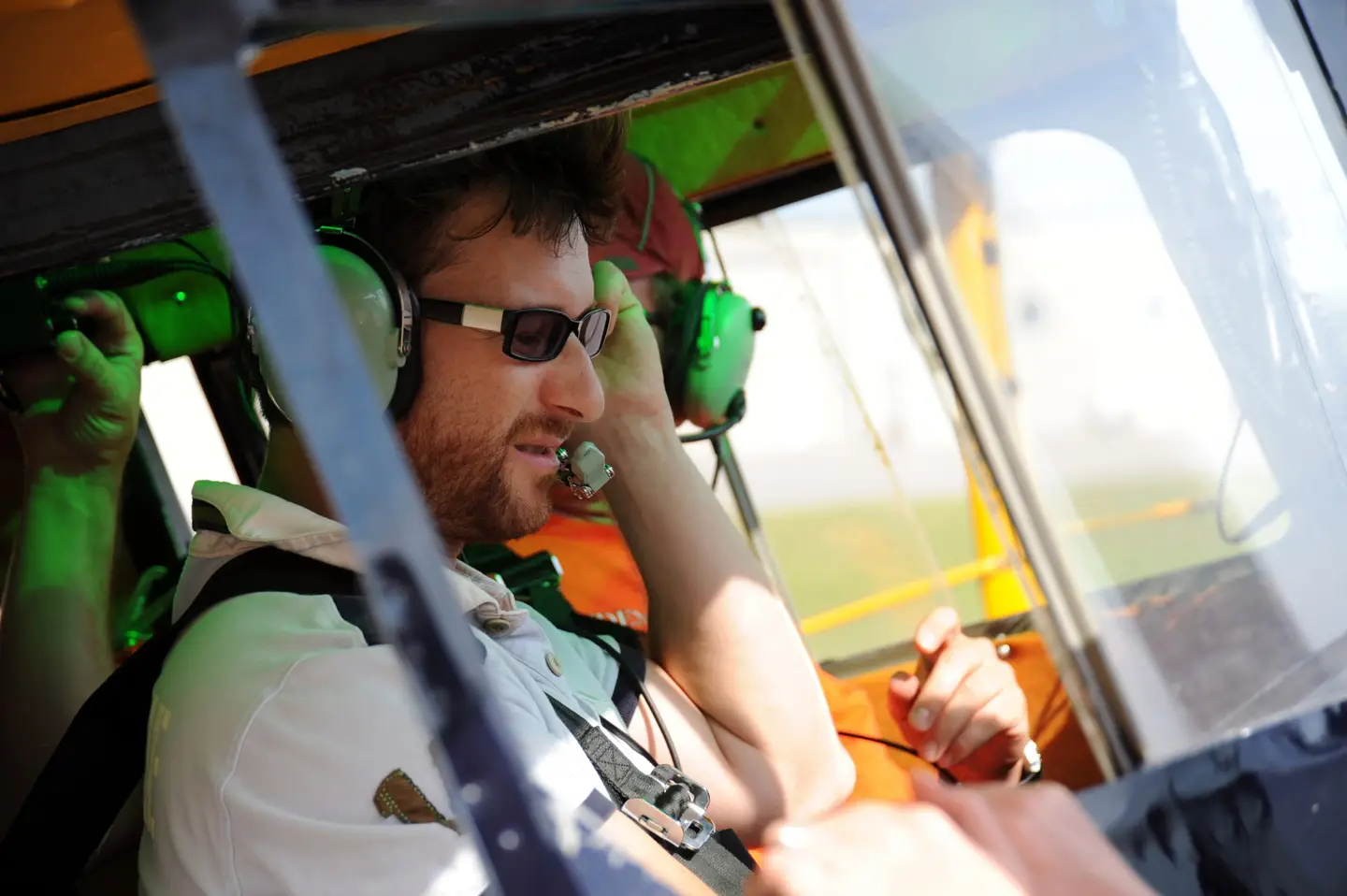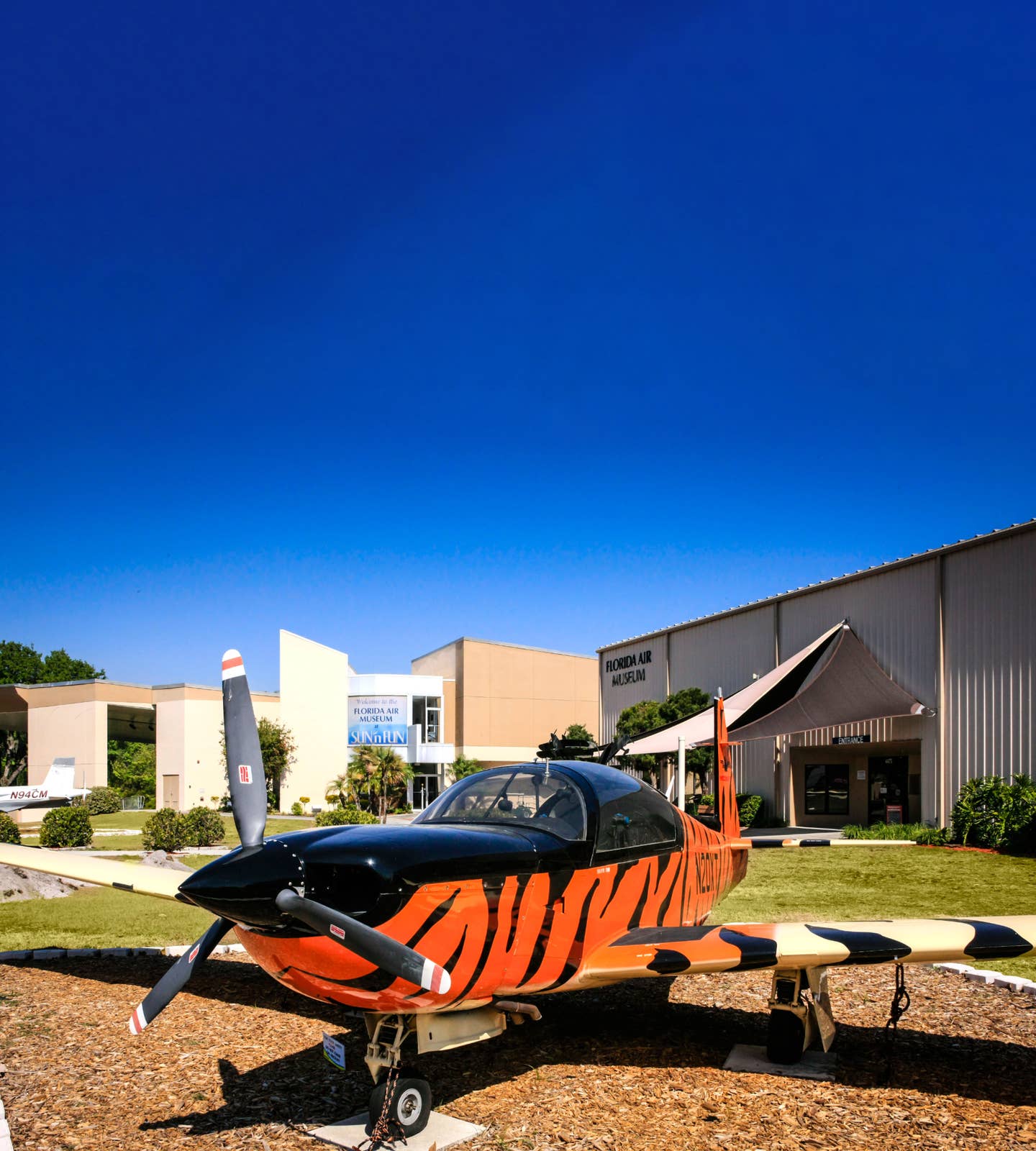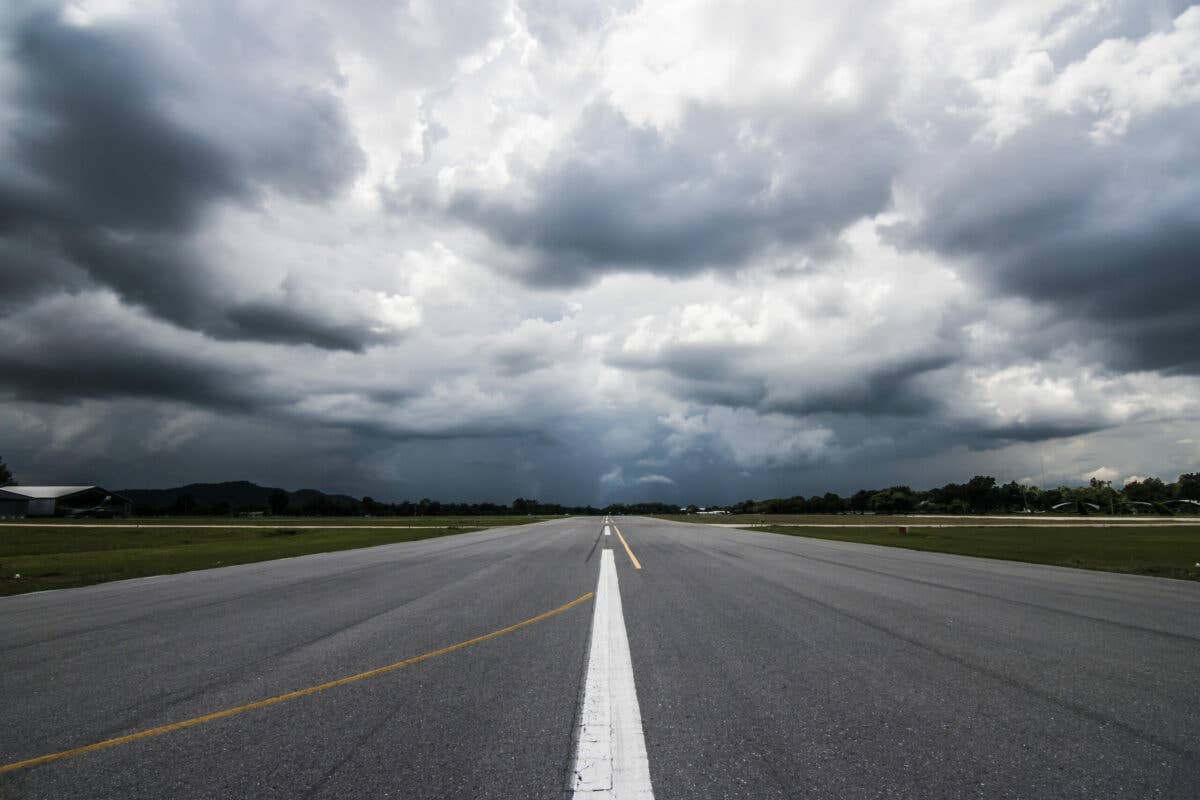Going Direct: People Are Saying They‘ll Stop Flying To Save The Planet
A child eco-activist ditches planes and sails to America to preach climate change. Is this the end of aviation as we know it?
I just got finished reading a piece on forbes.com by self-described futurist Blake Morgan, and it was an eye opener. Many people, she says, are declining to travel by plane because it uses too much fossil fuel. Moreover, she points out that globally in 30 years, aviation is slated to contribute 25% of greenhouse gasses to the atmosphere. She even shares that there's a word in Swedish---flygskam---which I do not know how to pronounce, that Swedes use to describe their shame over flying. She uses as her source material an article on nbcnews.com that one in four Swedes have chosen not to fly over the past year.
Sweden, bear in mind, is a relatively small country with a good rail and ferry system. The choice Swedes have to make between traveling by rail and flying is a much different choice than most people in the world are faced with. I live in Austin, Texas, a large city about 200 miles south of Dallas, Texas. If there were decent high-speed rail between Austin and Dallas, would I choose train over plane? I would. Austin to Kansas City? No, thanks. And if we work my personal plane into the equation, my calculus changes. Truth is, I'd fly a 50-mile trip if it took me a 50-mile round-trip drive to do it. In fact, I've done it more times than I can count.
The choice by 16-year-old Greta Thunberg, an eco-activist from Stockholm, to travel by sailboat to the United States to address the UN General Conference was a publicity stunt, a really successful one, I might add. But the thought of returning to sailing vessels instead of jets, and ditching our cars for bikes and road trucking for, I don't know, teams of oxen, is a childish notion.
But the wishful thinking is only the beginning. Morgan goes on to say that "zero- emissions planes could soon replace traditional fuel-powered airplanes to drastically cut back on air pollution," a statement she makes in the paragraph following a list of bullet points in which she points out, last on the list, that in order for this to happen both "batteries and regulations need to improve." The regulations part is a mystery to me. Experience shows that when they build it, the regulations will come. Think drones and cheap autopilots.
Along the way, Morgan points to successful experiments with an electrically powered plane, seemingly as proof that electrics are on the horizon. I wish she had taken some time to understand what's really going on with those planes. They are extreme experimental machines, designed to be exceptionally light and low in drag. Even with millions in engineering to achieve those results, they can fly for barely an hour. And these are very light planes that in no way resemble anything that could be certificated, never mind carry paying passengers. I'm hopeful we have passenger carrying four-seat airplanes in 10 years. Airliners? I think not.
Weight in airplanes is everything. In planes designed to carry paying passengers, it's more than everything. That's why the improvement of engine technology to provide better than 30% improvement in fuel efficiency and an even greater reduction percentage wise in emissions over the past three decades is big news, news that Morgan seems unaware of or chooses not to mention. And her claim that aviation emissions have increased leaves out the reason for the increase---that more people have the means to travel by air, so there's more flying. But it is being done in far more fuel-efficient planes than ever before, a trend that continues.
Morgan's brief note about batteries, however, could have been, I'd say, should have been, the main subject of the piece. Yes, if battery storage capacity improves to rival that of jet fuel, or even be in the same conversation, then yes, I agree, we "could soon have" zero-emissions airliners. But if I were calling myself a "futurist," as Morgan does, I'd rather focus on where were are now and how far we have to go.
So what is the difference between the energy density of today's batteries and that of jet fuel? The fossil fuel is 50 times more energy dense. Morgan claims that predictions are for battery energy density to improve threefold in 10 years, a claim I'm doubtful of, but let's say it's true. And let's say that in those 10 years, jet engines get 10% more energy efficient, a modest prediction considering that ,with fleet replacement, more efficient planes will push relative fuel hogs out of the picture in large numbers over the next decade. Batteries won't be gaining on fossil fuel at all. And while engine efficiency improvements are fact, the idea of improving battery capacity is based more on hope than on science.
I hope it happens, too. But I wouldn't base a prediction for how our aviation future will play out based on a dream of a spectacular scientific breakthrough when even tiny improvements in battery capacity are hard fought.
As pilots of small planes could we, if we really wanted to, defend our use of fossil fuels to do what we love? Not really. But we can reassure ourselves with the knowledge that our impact is incredibly small. Relative to cars and buses, small planes represent a tiny fraction of 1% of the impact to the environment. For some planes, that impact is comparable to driving a big SUV.
I have little shame in admitting that while Swedes might be victims of flygskam, the term I use for my guilt over flying is a different one: "toperoff."

Subscribe to Our Newsletter
Get the latest Plane & Pilot Magazine stories delivered directly to your inbox






